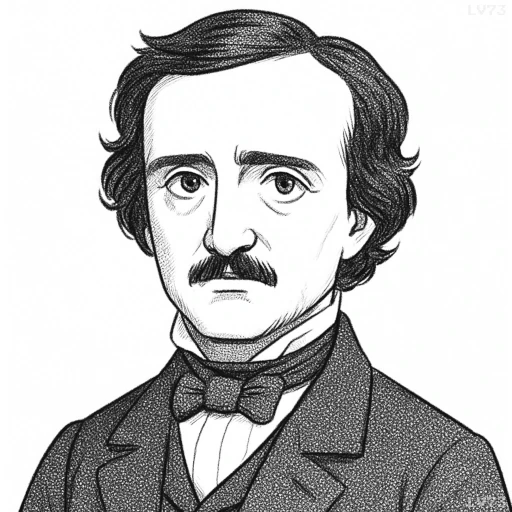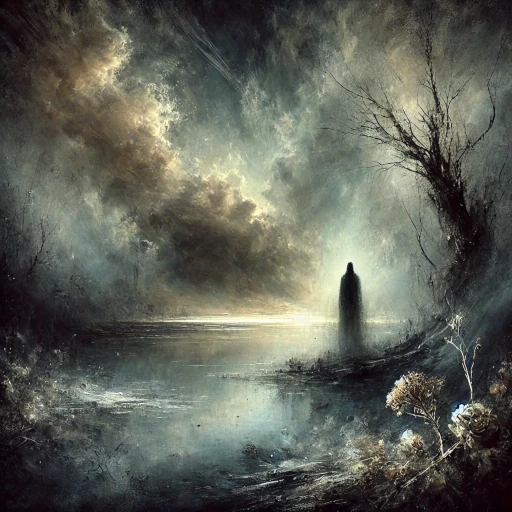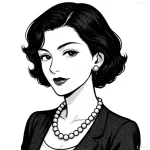“The death of a beautiful woman, is unquestionably the most poetical topic in the world.”

- January 19, 1809 – October 7, 1849
- American
- Novelist, poet, critic
table of contents
Quote
“The death of a beautiful woman, is unquestionably the most poetical topic in the world.”
Explanation
In this quote, Edgar Allan Poe provocatively suggests that the death of a beautiful woman is the most poetical topic, emphasizing how tragic beauty can stir profound emotional responses. Poe links beauty with death, an association that runs through much of his work, reflecting his fascination with the fragile nature of both life and art. For Poe, the death of a beautiful woman represents an idealized tragedy—something that, in its fleetingness, captures the ephemeral nature of human existence and emotion. This idea is rooted in his belief that suffering and beauty are often intertwined, and that the most poignant poetry arises from the juxtaposition of these two forces.
Poe was deeply influenced by the Romantic Movement, which celebrated intense emotion, the sublime, and the exploration of human suffering, often through the lens of death. His own life, marked by the loss of loved ones, particularly women, shaped his often dark and melancholic worldview. In the 19th century, the idea of tragic beauty—especially the death of a woman—was often romanticized in literature and art, as it embodied both the mystery of femininity and the inevitability of mortality. Poe’s assertion might also be seen as a reflection of his personal grief and the ways in which loss inspired artistic creation.
In contemporary times, the quote could be interpreted as a reflection on the objectification of women in art and literature, where the death of a beautiful woman is sometimes idealized as a form of poetic beauty. While Poe’s statement may seem to romanticize tragedy, it also opens a conversation about how such themes are represented in modern media, and how we still find beauty in sorrow and loss, whether in music, film, or literature. The quote serves as a reminder of the powerful emotional resonance that such themes hold, yet it also challenges us to think critically about how beauty and death are intertwined in the narratives we create.
Would you like to share your impressions or related stories about this quote in the comments section?




